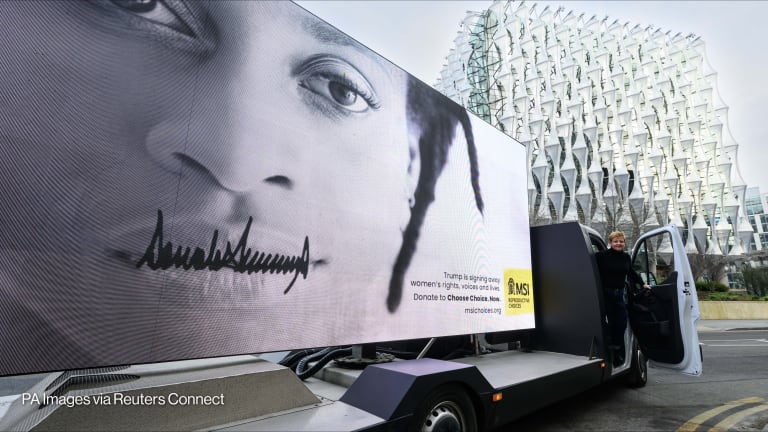Australia’s federal budget, announced Tuesday night, was a largely disappointing result for foreign aid. But there was one surprise in the mix — the announcement of a Gender Equality Fund as part of Australia’s country and regional programs.
Foreign Minister Julie Bishop has been a strong advocate for gender equality since taking office, and this fund seems to be a continuation of her efforts to empower women in developing countries.
The appointment of former Sen. Natasha Stott Despoja to the role of Australia’s ambassador for women and girls provided a well-known figure in Australian politics that could draw greater attention to the cause. And in the new aid policy announced last June, Bishop called for 80 percent of Australian aid investments to address gender issues as part of performance benchmarks.








